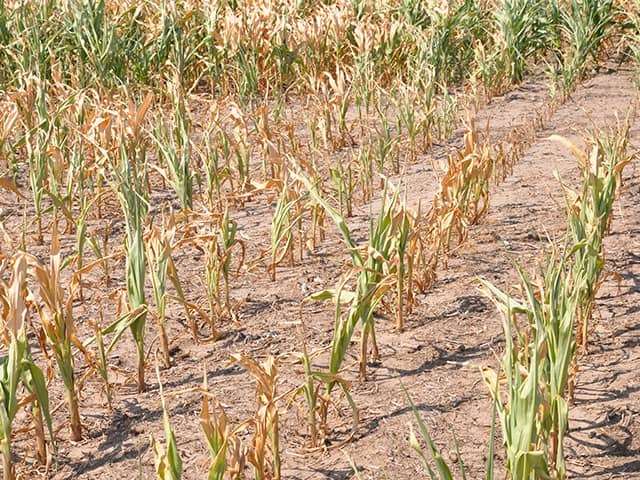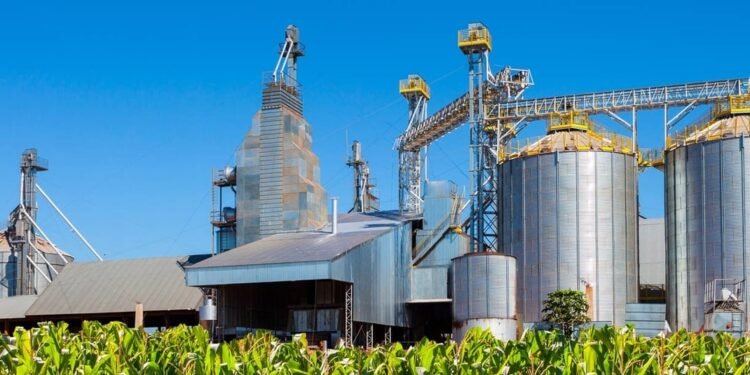Dominic Nitiwul, the Defense Minister, has announced plans to deploy security forces to all border towns across the country, particularly in the northern region, to strictly enforce the recently declared ban on exporting grains such as maize, rice, and soybean.
This ban, introduced by the Minister for Food and Agriculture, Dr. Bryan Acheampong, aims to mitigate the effects of the current drought and prevent potential food shortages.
As stated by Mr. Nitiwul, the primary responsibility of the deployed security personnel will be to effectively prevent and intercept the smuggling of grains across the borders into neighboring countries, thereby ensuring the success of the grain export ban.
“We want to assure you, and the nation, that the security agencies are immediately activating their network to ensure that the ban on cereals, which has been listed, is rigidly enforced so that nobody will take even a single grain out”.
Dominic Nitiwul
He emphasized that the security agencies are immediately activating their network to ensure that the ban is rigidly enforced, with all border crossings under close surveillance.
The Minister appealed to citizens to actively support the anti-smuggling efforts by remaining alert, and vigilant and reporting any suspicious activities or incidents related to grain smuggling to the authorities, thereby contributing to the success of the initiative and the nation’s food security.
“You are security people. So as long as you see something that has escaped the eagle eye of the security, please let us know”. – Dominic Ntiwul
He stressed the importance of public cooperation, noting that timely information from citizens will enable authorities to take swift and effective action, thereby contributing to the success of the enforcement measures.
Mr. Nitiwul stressed that the implemented measures are designed to benefit the entire Ghanaian population, by averting potential food shortages and guaranteeing a stable food supply, thereby safeguarding the nation’s well-being.
Minister Defends Grain Export Ban Amidst Consultation Criticism
Meanwhile, Minister for Food and Agriculture, Bryan Acheampong, pushed back against allegations that the government failed to consult stakeholders before imposing a ban on the export of crucial grains such as maize, rice, and soybean, defending the decision-making process.
He maintained that the decision to ban grain exports was made with the nation’s best interests in mind and that key stakeholders were necessarily involved in the process, implying that their input and expertise informed the ultimate decision.

In response to allegations that peasant farmers were not consulted before the grain export ban, Dr. Acheampong disputed the claims made by the Peasant Farmers Association.
He asserted that their statement was inaccurate and did not reflect the actual circumstances surrounding the decision-making process.
“There was extensive consultation with the farmers and neither the farmers in Tamale nor my constituency said they belong to the Peasant Farmers Association neither has it been chosen as their spokesperson. There are several farming groups and I don’t think Peasant farmers represent all of them”.
“They have never said anything good about the Agric Ministry and I don’t know why but we consulted experts, a wide range of farmers as well as experts in the ministry before we made the decision”.
Bryan Acheampong
Dr. Acheampong further noted that, for reasons he could not quite understand, the Ministry has historically had a strained relationship with the Peasant Farmers Association, implying a longstanding disagreement or tension between the two entities.
He, however, extended an olive branch to the Peasant Farmers Association, stating that his office remains open and accessible to them for any further discussions, clarifications, or concerns they may have regarding the grain export ban.
READ ALSO: China Promotes Peace Plan For Ukraine























